

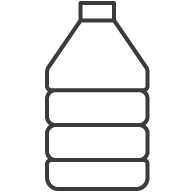
Plastics are an important product in the petrochemical industry – and quality is a key factor for success. Our contaminant detectors and separators ensure metal-free granules and satisfied customers.
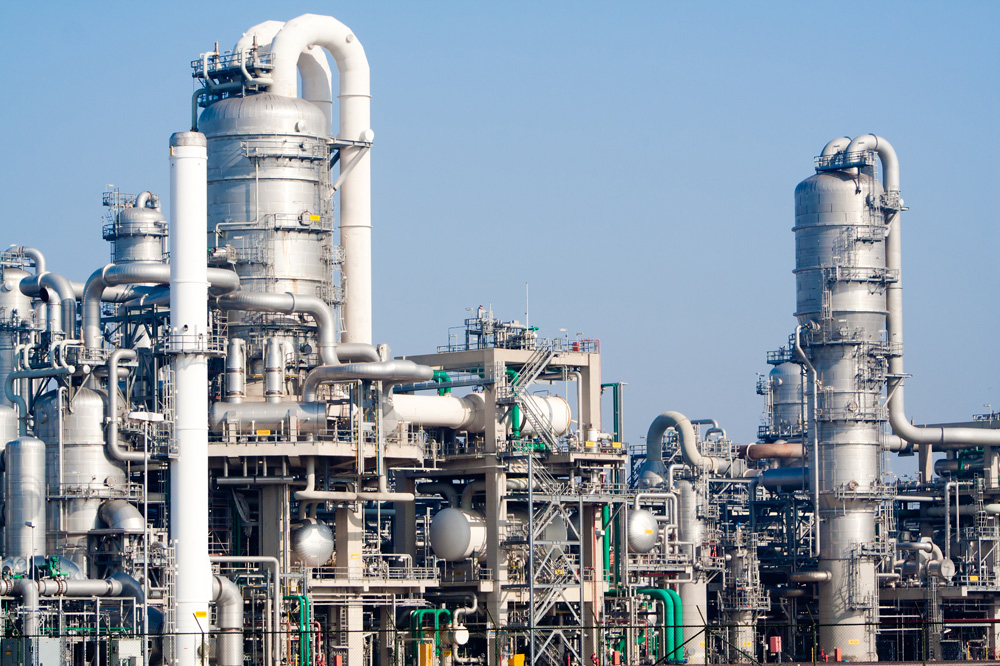
When it comes to producing plastics – one of the most important areas in the petrochemical industry – product purity is a key quality factor. It is necessary above all to eliminate metal pieces and particles, which could otherwise cause damage to machinery when the plastic is processed and create quality issues. As a result, manufacturers of plastics should use machine-based contaminant detectors. It is the only way they can ensure that they are able to consistently deliver granules of perfect quality.
Metals such as iron, stainless steel and copper very often contaminate plastics. There is a wide range of reasons for this, including:
Looking for more information or advice? Contact us
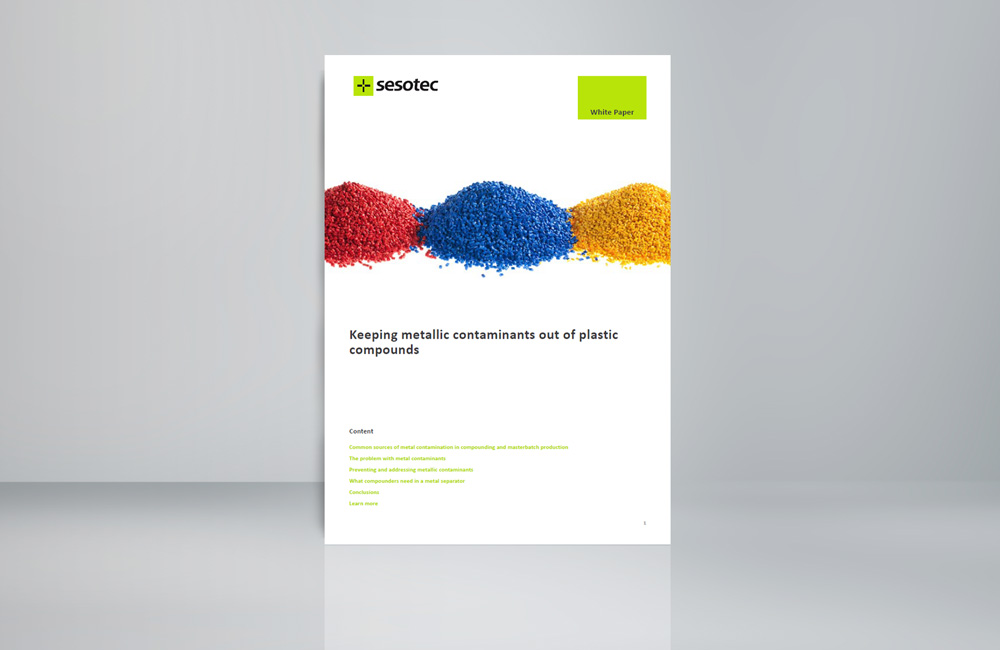
The Whitepaper explores the challenges that
metal contamination poses to compounding and masterbatch production and
considers the key features that metal separators must have to provide an
adequate solution.
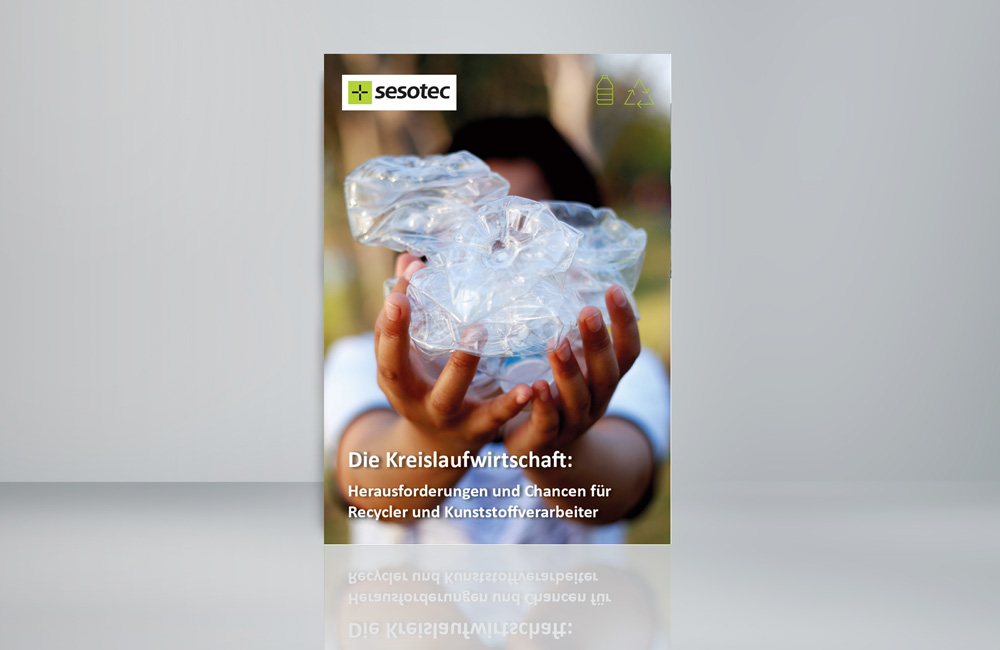
The plastics industry is under pressure. Between climate change, excessive consumption of finite resources, and vast amounts of plastic waste in the world’s oceans, plastics are coming to be seen in a different light by politicians, businesses, and consumers alike. Read in our e-book about the most important factors of a functioning circular economy, especially which challenges and opportunities exist for recyclers and plastics processors.
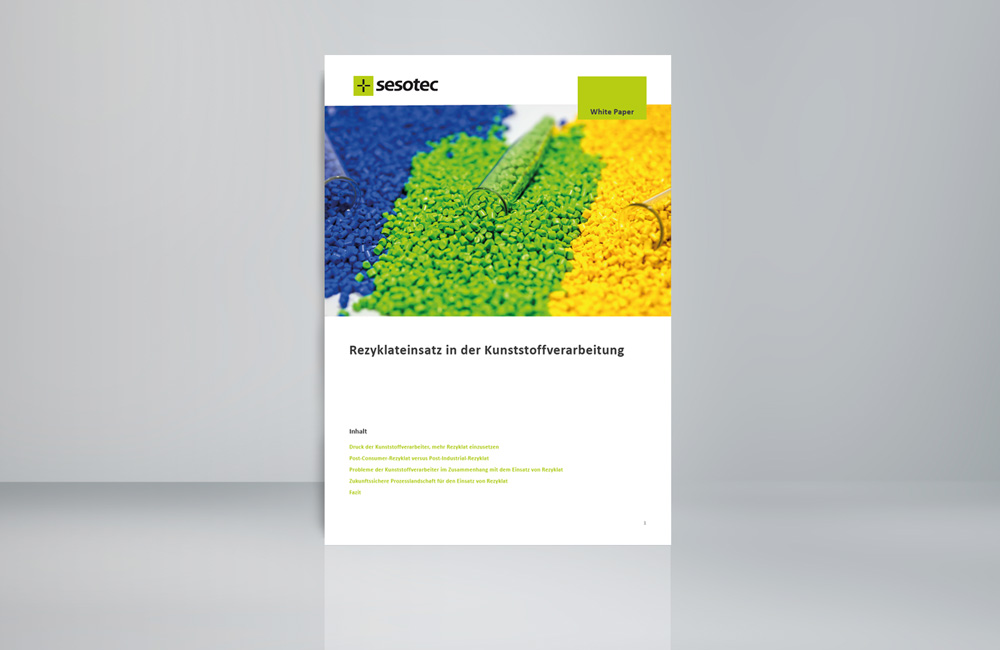
In the new Sesotec White Paper "Using recycled materials in plastics processing" you will learn about
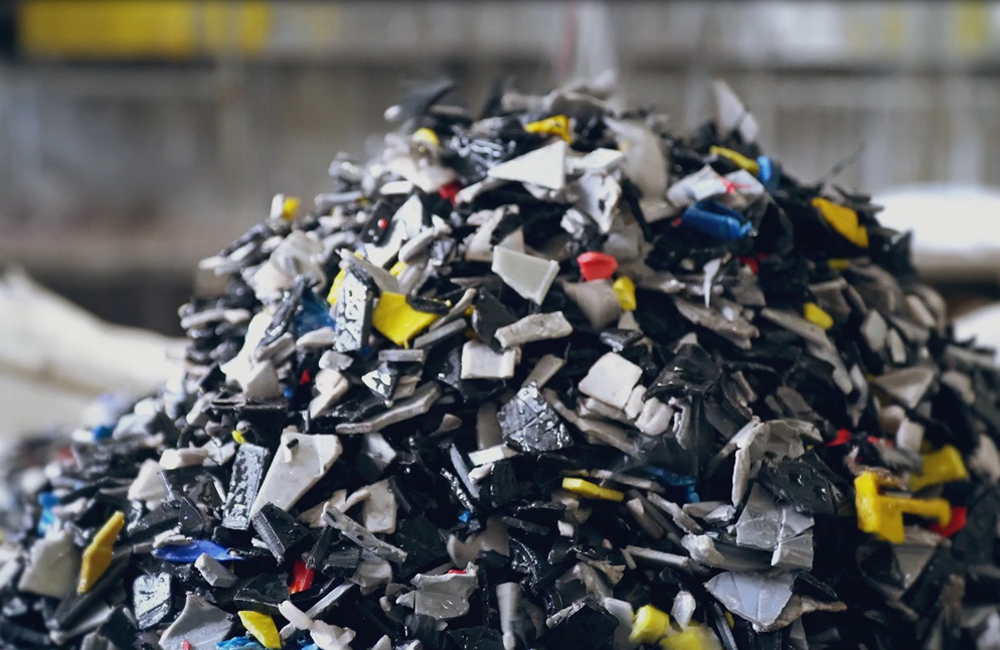
Separately purchased recyclate often contains various different polymers as well as metal contaminants such as aluminum, brass, and stainless steel. Learn in our Case Study how Sitraplas has solved this problem.
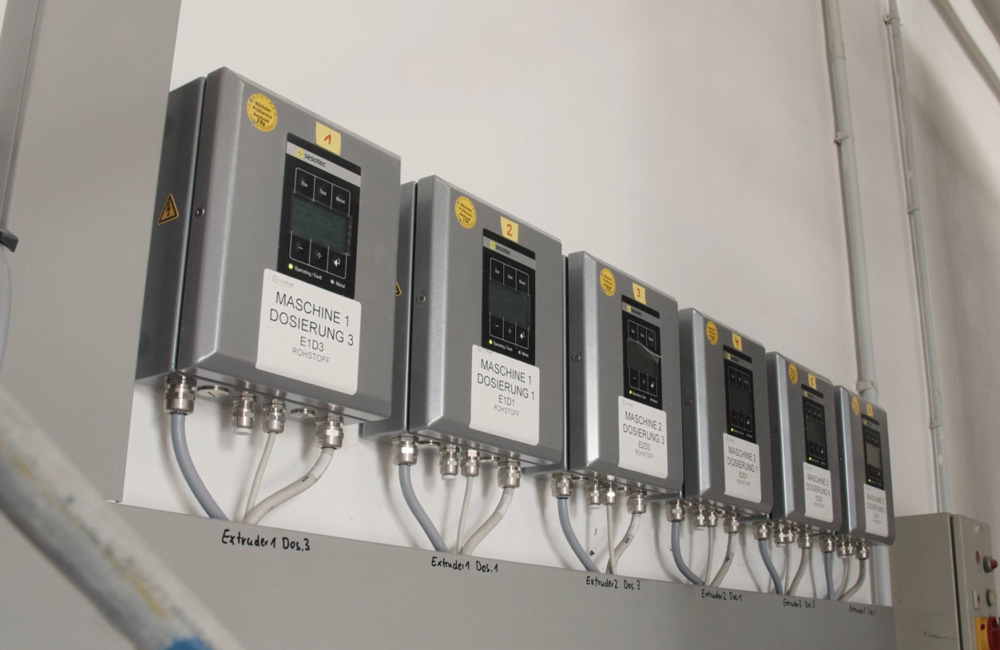
SITRAPLAS GmbH is a producer of high-performance engineering plastic compounds. Unplanned downtime is a nightmare for every company, but especially for continuous production facilities. When metal separators are networked with plastic processing machines, the flow of information between machines can be monitored.

To avoid any metal in the powder, CIPSA wanted to inspect the PVC compounds before they enter the pelletizer. This was to protect the extruder screw from damage and avoid expensive production stops.
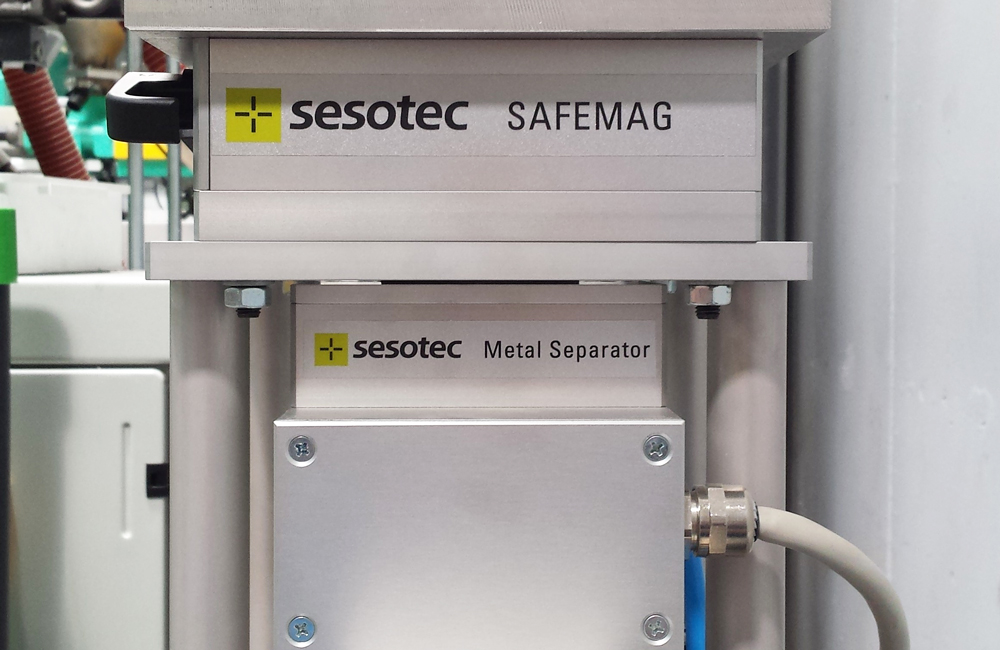
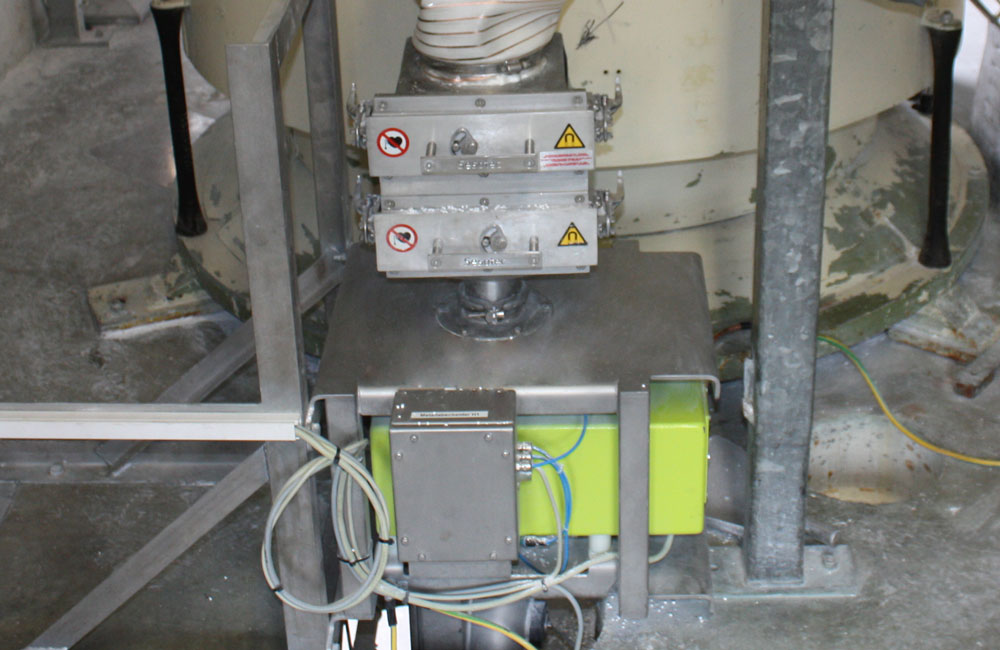
The quality requirements of the chemical industry are particularly high. Metal detectors play an essential role in the refinement of solids to ensure a consistently high product quality and safety. At the same time, the customers expect quick setup times to achieve high flexibility and efficiency.

Our client in northern Germany employs around 600 people and produces single and double-sided adhesive tapes on production facilities that are among the most advanced worldwide. Raw materials for adhesive tape production can contain tiny metal particles. Even the smallest foreign object that enters production poses a significant risk.

As Plastiques ZD grew, it became necessary to find an environmentally friendly and cost-effective solution for recycling defective parts and production waste. The company turned to the long-time Sesotec partner, MAT Technologic, for a solution.

Viet UC faced the challenge of eliminating metallic contaminants from masterbatch to prevent particles from entering plastic mixtures during production. These contaminants could not only compromise the quality of the final product but also lead to machine downtime and customer complaints.
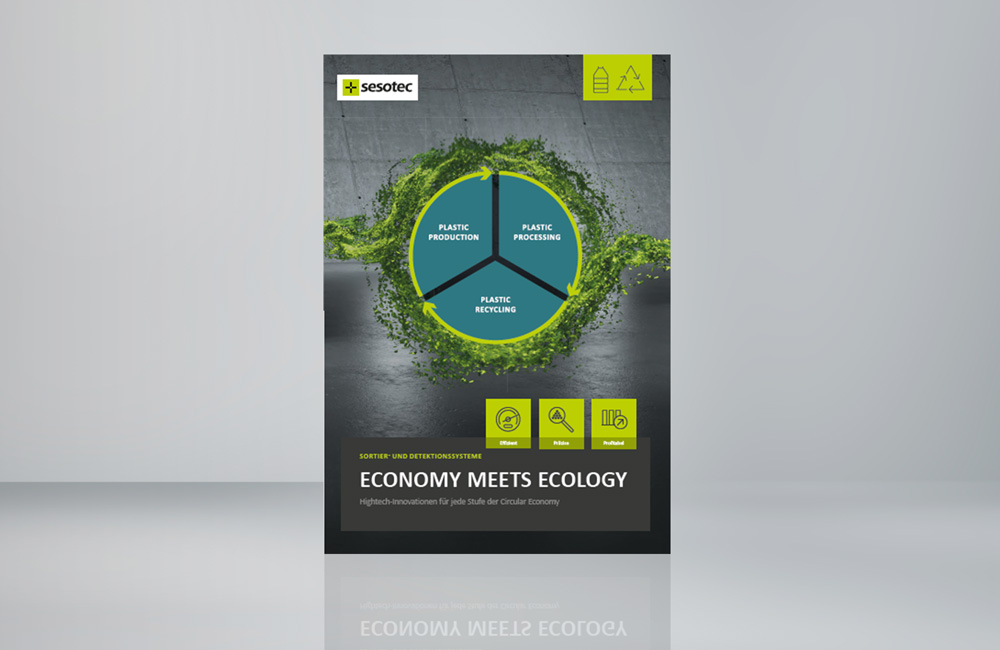
Sorting and Detection systems for every stage of the Circular Economy in the plastics industry.

The brochure highlights
the entire Sesotec product portfolio, which is specially tailored to the needs
of the plastics industry.
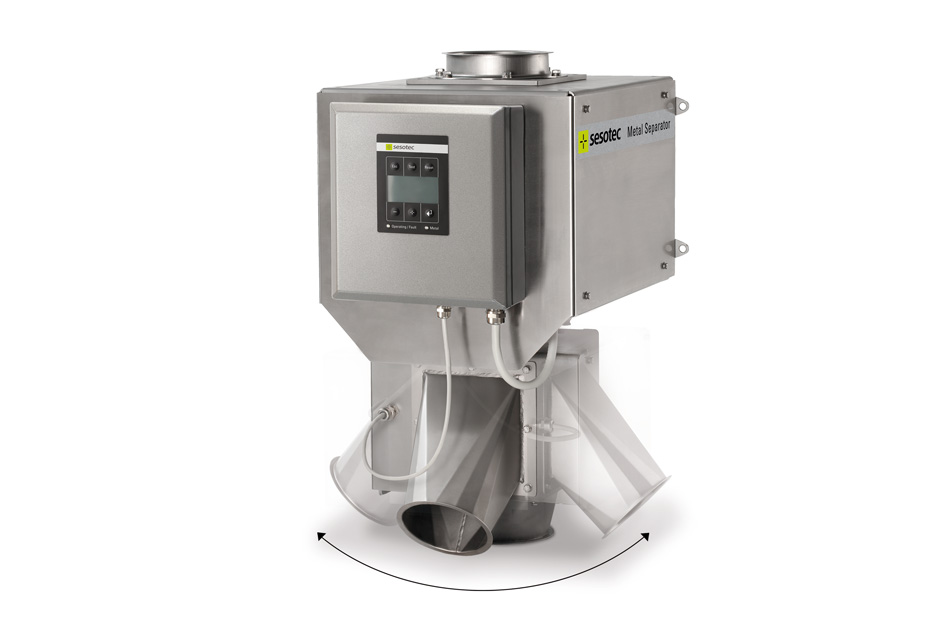
Metal separator for free-fall applications with turnable separation unit
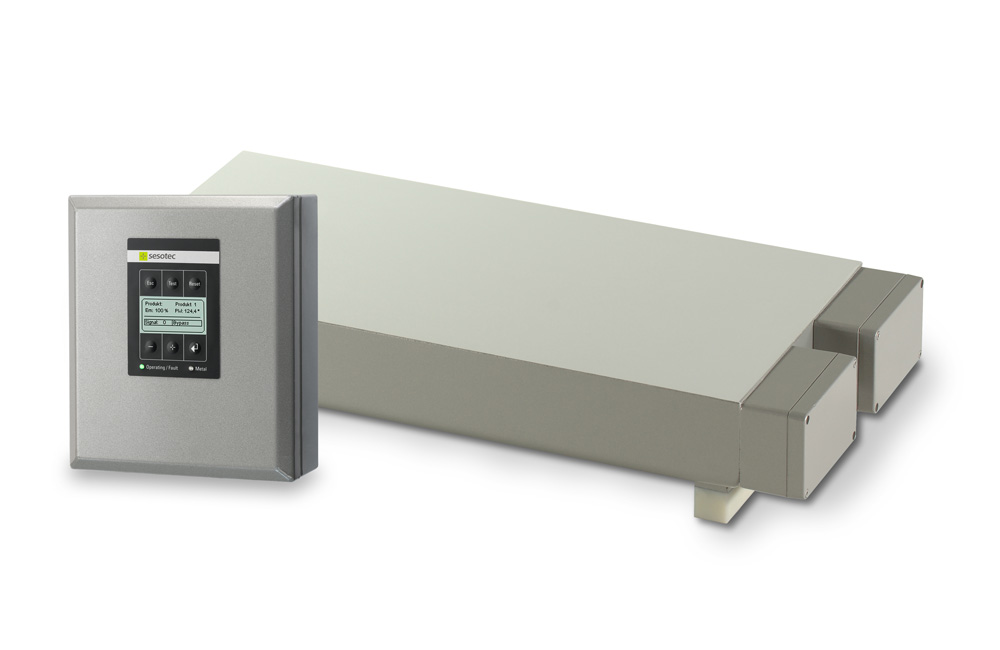
Plate type metal detector for installation in conveyor belts and material chutes
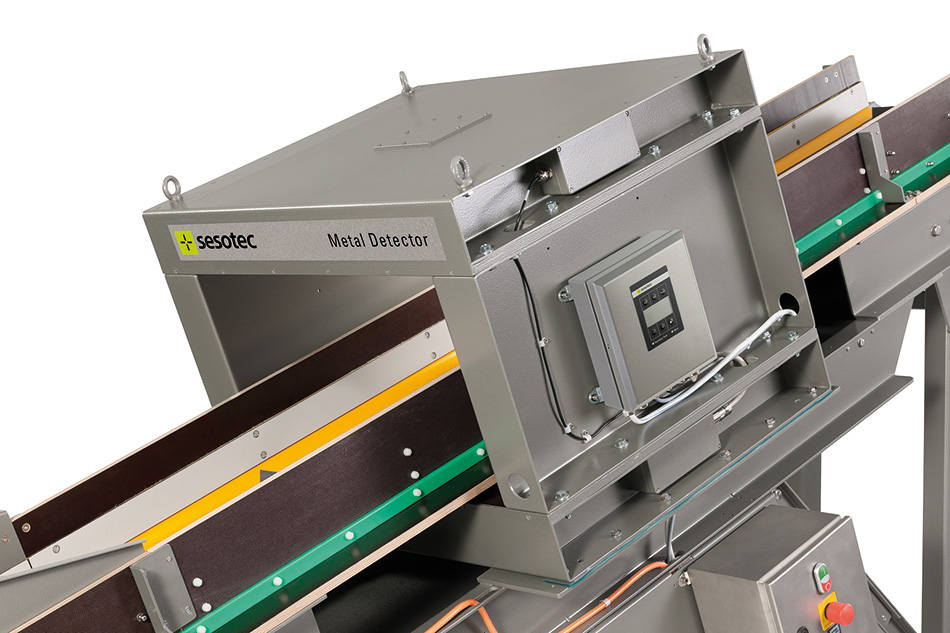
Splitable metal detector for installation on conveyor belts and material chutes
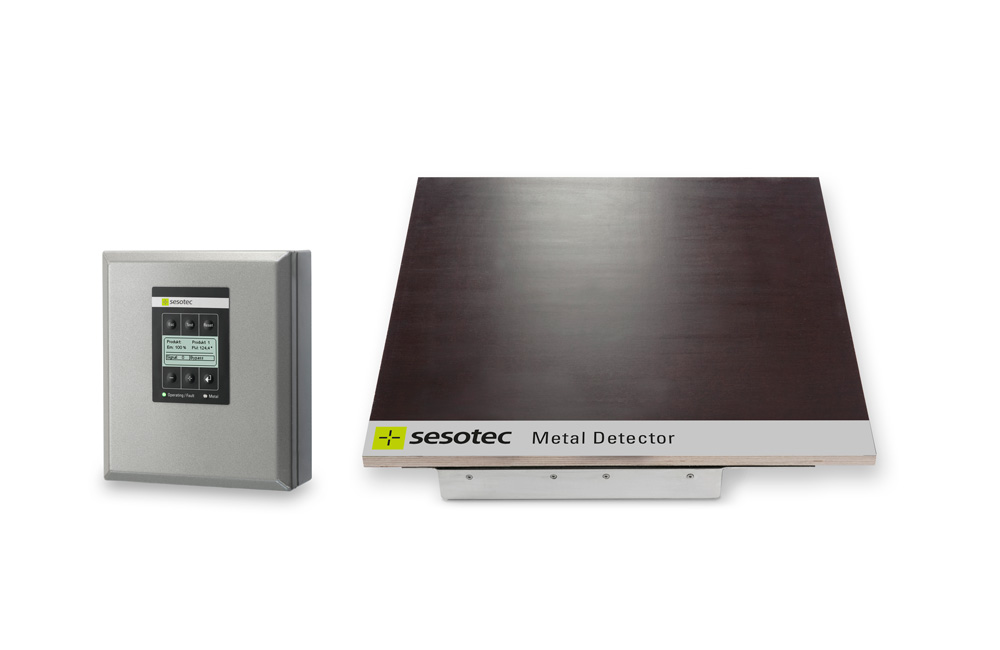
Flächen-Metalldetektor zum Einbau in Förderbänder und Materialrutschen
Kompaktes Metall-Detektionssystem mit Förderband zur Untersuchung von Stückgütern
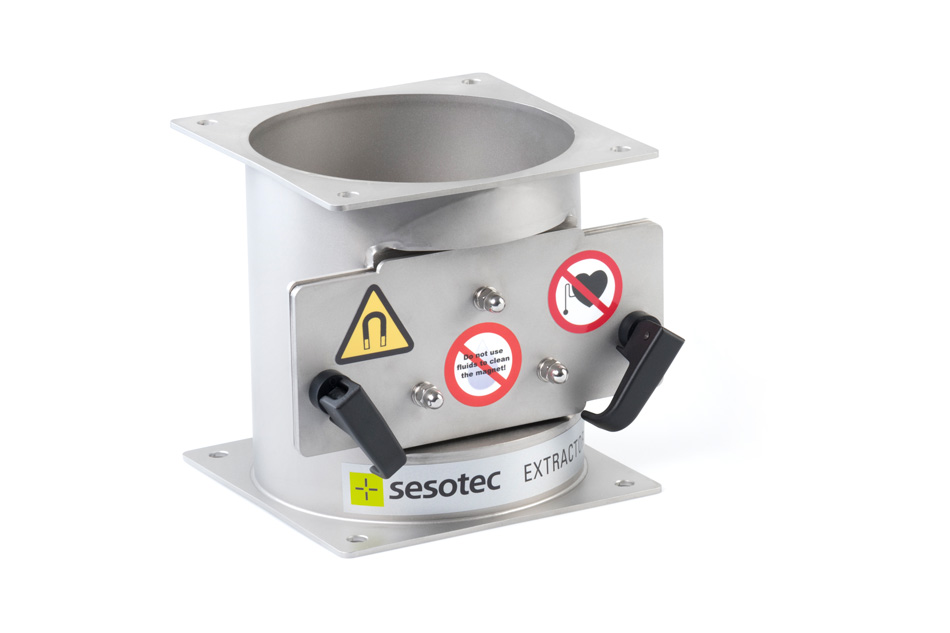
Rohr-Magnet für Spritzgießmaschinen, Extruder und Blasformmaschinen